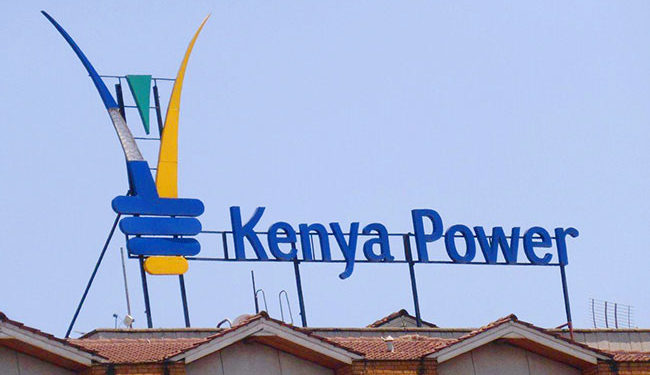In an endeavour to stabilize the operations of Kenya Power, the International Monetary Fund (IMF) has called for the government’s intervention in two key areas. Firstly, it urges the State to undertake a substantial overhaul of the Kenya Power Board. Secondly, it advocates for the expeditious settlement of a significant debt amounting to at least Kshs 26.0 bn owed to the utility. The government had previously committed to clearing some of the debt, amounting to Kshs 19.4 bn, owed to Kenya Power under the Rural Electrification Scheme. Additionally, it is yet to fulfil its obligation to pay the utility Kshs 7.0 bn as compensation for last year’s reduction of electricity tariffs by 15.0%. The IMF asserts that these crucial decisions, already approved by the Cabinet, should be swiftly implemented to enhance the performance of the electricity distributor.
Read more: How the Government Plans to Restructure KPLC
Kenya Power has been heavily reliant on financial assistance from the Exchequer over the past few years. To address these challenges, the IMF’s recently released report recommends steadfast implementation of the 2023 comprehensive revision of the base electricity tariff and the Cabinet-approved action plan to strengthen Kenya Power’s financial health. These measures are meant to be complemented by rigorous monitoring of any lingering fiscal risks.
In April of this year, electricity prices were raised by an average of 15.0%–20.0%, aimed at generating much-needed revenue for Kenya Power to expand its network and cover electricity purchase costs. Nevertheless, the utility’s financial struggles have been compounded by a combination of factors, including last year’s tariff cuts, unpaid operational and maintenance costs under the rural electrification scheme, and a surge in unpaid customer bills. The IMF anticipates that the newly implemented tariff structure, along with timely pass-through of variable costs and effective implementation of the Cabinet-approved Action Plan, will lead to an improvement in Kenya Power’s liquidity position, thereby negating the necessity for extraordinary financial support. To further enhance performance, the Cabinet has already approved changes to the utility’s board of directors, with a focus on increasing representation from the private sector.
Read more: Parliament Questions Treasury Over Kshs 9.9 Billion KPLC Loan
Email your news TIPS to editor@thesharpdaily.com
















